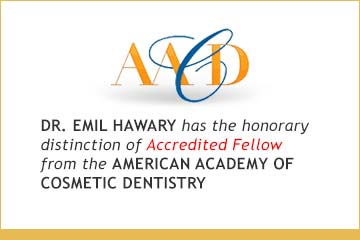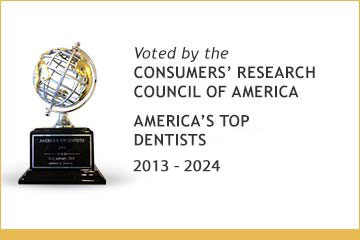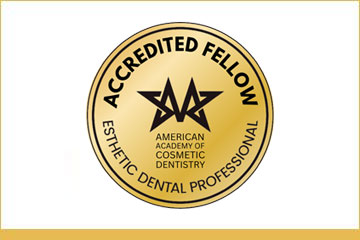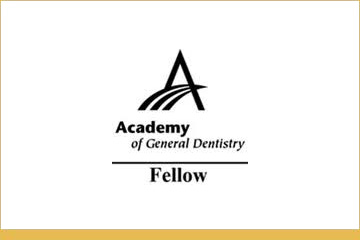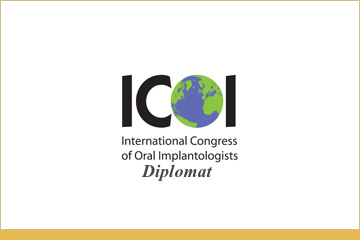We all know that maintaining good oral health is important. After all, we’ve been told this fact since we were children—and we tell our children this same fact. Yet despite our efforts to maintain good oral health, we’re all still at risk for several kinds of oral health issues.
We’ll go over the most common dental health problems that children and adults face. We’ll even tell you how a dentist can help you treat these issues.
Cavities
Are your teeth sensitive to hot and cold foods and drinks? If you experience discomfort and feel pain in your teeth, you may have a cavity. Also known as tooth decay, cavities are a common oral health issue among dental patients. In fact, some experts say that tooth decay is the second most common disease in the US, only preceded by the common cold.
You can develop cavities when plaque, sugar, and starches combine and stick to your teeth. Sugar and starch particles mix with the plaque and provide an abundant food source for bacteria in your mouth. These bacteria then produce acid that destroy the enamel over your teeth.
Once the enamel has disappeared, the acid then damages your tooth. Then, a hole will appear as the tooth decays. The pain you feel is result of the exposed tooth pulp and root.
How to Treat Cavities
Dentists can usually treat small cavities with fillings. However, larger cavities require more in-depth treatment. For severe cavities, dentists will drill the tooth to remove all the decay. If the decay extended to the pulp, you may have to undergo a root canal. Then your dentist will place a crown over the remaining tooth.
Dry Mouth
If your mouth feels dry for extended periods of time, you could face a potentially serious oral health issue. The saliva in your mouth protects your teeth from bacteria and their damaging acid. Most often, women who are 50 years old or older are at higher risk for developing this issue. Additionally, smoking and taking certain medications can increase your risk for getting dry mouth.
Without sufficient saliva, your mouth can’t fight off bacteria and acid, and your mouth often feels scratchy and uncomfortable.
How to Treat Dry Mouth
If you smoke, your dentist will recommend that you quit. If a medication causes dry mouth, talk to your primary care physician about switching your dose or prescription. You can also try chewing sugarless gum to stimulate saliva production. Also try limiting your daily caffeine and alcohol intake—you could even switch out these drinks for water.
Should dry mouth persist after you try these treatments, your dentist can recommend a mouth gel or an artificial rinse to aid your salivary glands.
Enamel Erosion
Do you drink a lot of soda, lemonade, or sports drinks? Do you eat a lot of acidic foods? If you answered “yes” to either of these questions, you could be at risk for enamel erosion. The enamel that covers your teeth protects the dentin and pulp from exposure and damage. If the enamel becomes too eroded, you could develop cavities or other dental issues.
How to Treat Enamel Erosion
If possible, reduce the amount of acidic foods and drinks you consume each day. Drink soda and other acidic drinks with full meals or through straws. Also swish your mouth out with water after you finish eating or drinking. Your dentist can also give you additional prevention and treatment tips.
Missing Teeth
Whether tooth decay, an accident, or a sports injury resulted in a missing tooth, you don’t like to deal with this defect in your smile. People can lose just one tooth in their mouth, or they can lose several, depending on the cause and severity of the injury or damage. Luckily, you don’t have to permanently live with missing teeth.
How to Treat Missing Teeth
Thanks to modern technology, dentists have several ways to treat missing teeth. For a single missing tooth, your dentist may recommend a dental implant. This procedure is a little complex, and patients must meet certain criteria to be eligible for it.
Essentially, your cosmetic dentist implants a titanium screw into your jaw. Once the implant adheres with your jaw and your mouth heals, your dentist will top the implant abutment with a fake tooth that matches your other teeth.
For multiple missing teeth in a row, dentists often recommend dental bridges. These devices work similarly to dental implants, but with one main difference. A bridge has two caps on the end that cover your teeth that surround the gap. False teeth are added in between these caps to fill the holes. The device is usually removable. If you want a permanent bridge, talk to your dentist.
Rely on Dental Expertise to Improve Your Smile
To avoid getting one of these common oral health issues, use preventative tips mentioned in this article. If you do suffer from one or more of the above-listed conditions, talk to a dentist immediately. He or she can provide quick and effective treatment to preserve your smile.
Additionally, your dentist can provide you with additional tips and oral care advice so you can maintain your smile after you leave the office and before your next visit.


